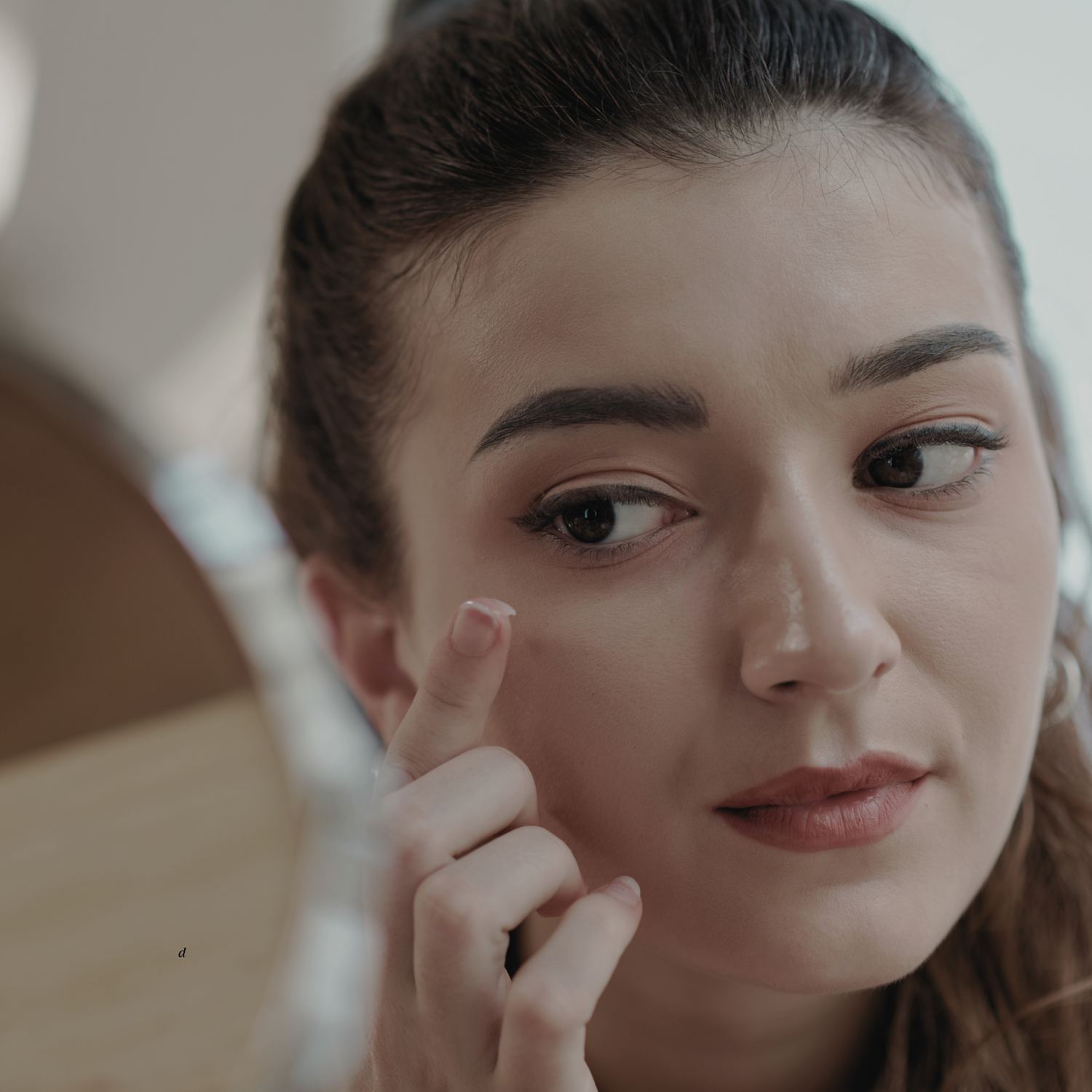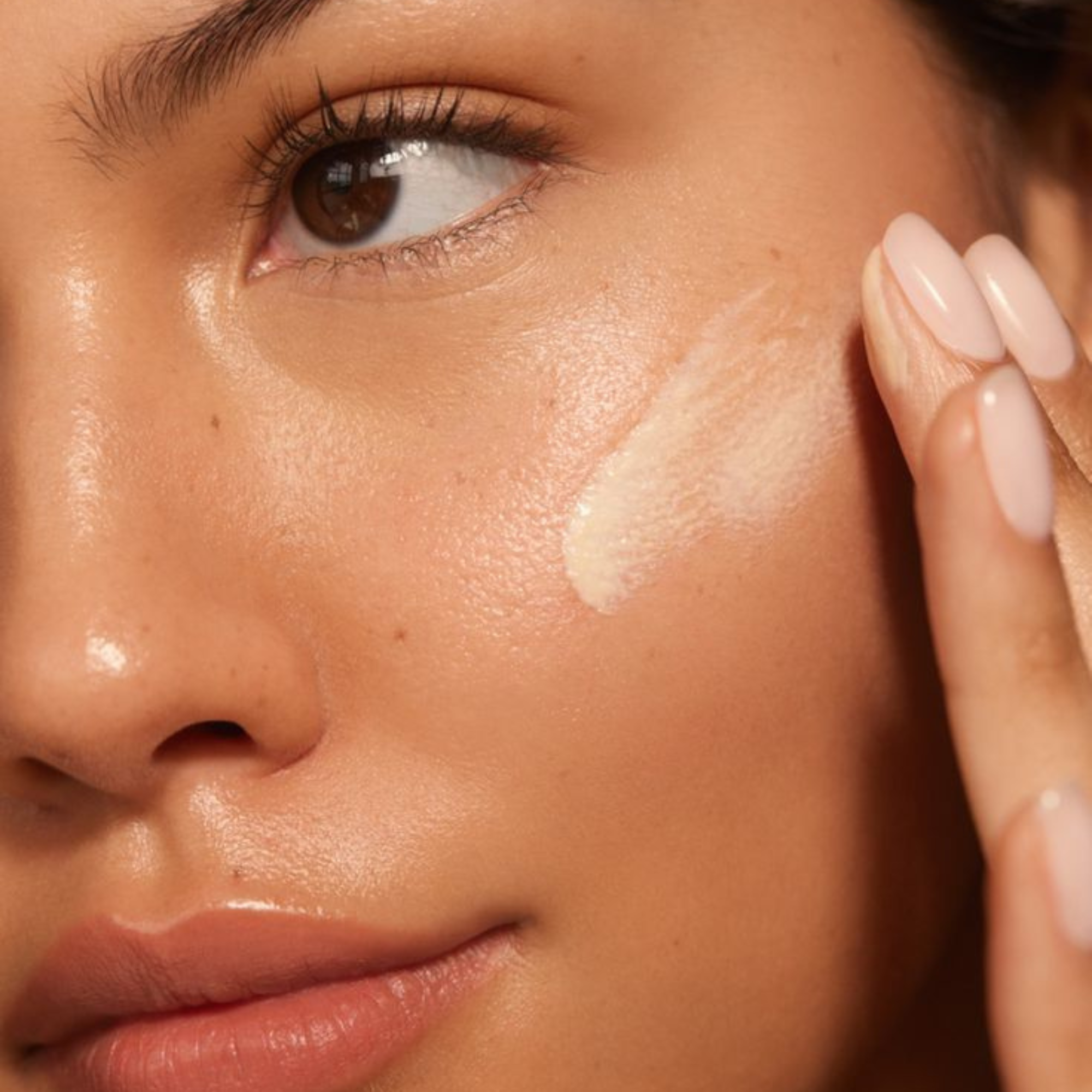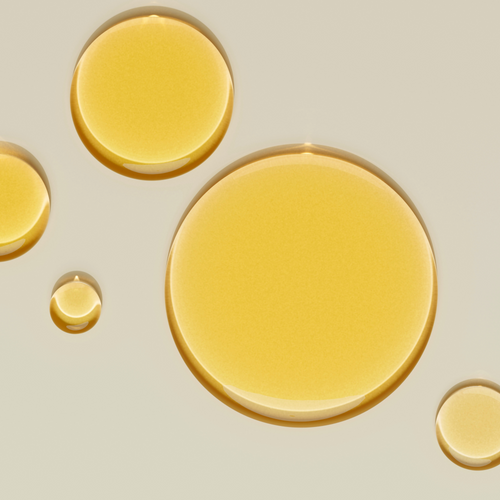Did you know that the skin around your eyes is up to ten times thinner than the rest of your face? It’s no wonder this area often shows the first signs of fatigue and aging. And that leads to one of the most common skincare questions: "Do eye creams really work?" The answer isn’t as simple as yes or no. Eye creams can be a great addition to your skincare routine, but their effectiveness depends on your specific concerns and expectations. Let’s dive deep into what eye creams can (and cannot) do, and help you decide whether you need one.
The Benefits of Eye Creams
Eye creams are specially formulated to address the delicate skin around your eyes. This area is thinner and more prone to dryness, fine lines, and puffiness. What can eye creams actually fix?
- Hydration and Plumping for Tired Eyes: Ingredients like hyaluronic acid and glycerin boost hydration, temporarily plump the skin, and reduce the appearance of fine lines.
- Dark Circles
- Brightening agents such as vitamin C, niacinamide, and vitamin E help reduce pigmentation and puffiness, improving the overall appearance of dark circles.
- Puffiness
- Caffeine, ginseng extract, and peptides improve microcirculation and reduce swelling around the eyes.
- Anti-Aging: Ingredients like retinol and peptides help smooth fine lines and improve skin firmness over time.
- Milia and Congestion
- Lightweight formulations help prevent pore-clogging, making them suitable for those prone to milia (small, white bumps).
The Limitations of Eye Creams
While eye creams can be beneficial, they do have limitations. For instance, they won’t magically erase genetic dark circles or replace consistent skincare habits. Studies show that while 60% of users notice gradual improvement in puffiness and fine lines, the results often take weeks, highlighting the need for patience and proper application. Here’s what they may not address:
- Genetic Dark Circles
- If your dark circles are hereditary or caused by hollowing under the eyes, eye creams won’t fully resolve them.
- Immediate Results
- Eye creams work gradually and require consistent use over time to show noticeable improvements.
- Overlapping Benefits
- A well-formulated moisturizer can often provide similar benefits, especially if it’s gentle and hydrating. If you’re looking for more specific solutions, eye creams can offer an extra boost.
Do You Really Need an Eye Cream?
Do you really need an eye cream? The answer might surprise you! If your regular moisturizer is gentle and works well around your eyes, it might already be doing the job. However, if you have specific concerns like puffiness, dark circles, or fine lines, an eye cream tailored to those issues can make a difference.
How to Choose the Right Eye Cream
When selecting an eye cream, consider your primary concerns and look for ingredients that address them:
- Hydration: Hyaluronic acid, glycerin
- Dark Circles: Vitamin C, niacinamide, vitamin E
- Puffiness: Caffeine, ginseng extract, peptides
- Anti-Aging: Retinol, peptides
- Milia-Prone Skin: Opt for lightweight, non-comedogenic formulations
Tips for Using Eye Cream Effectively
- Apply Gently: Use your ring finger to tap the product onto your skin. Avoid rubbing.
- Use Sparingly: A pea-sized amount is usually enough for both eyes.
- Be Consistent: Apply morning and/or night for the best results.
- Pair with Sunscreen: Protect the delicate eye area from UV damage during the day.
Final Thoughts
Eye creams can be a helpful addition for specific concerns like puffiness, fine lines, and dark circles, but they’re not a magic fix. They won’t address genetic dark circles or replace consistent care, but the right formula can provide targeted support to enhance your under-eye area.
Ultimately, whether you choose to use an eye cream or not depends on your skincare goals and preferences. Remember, your routine should work for you!



